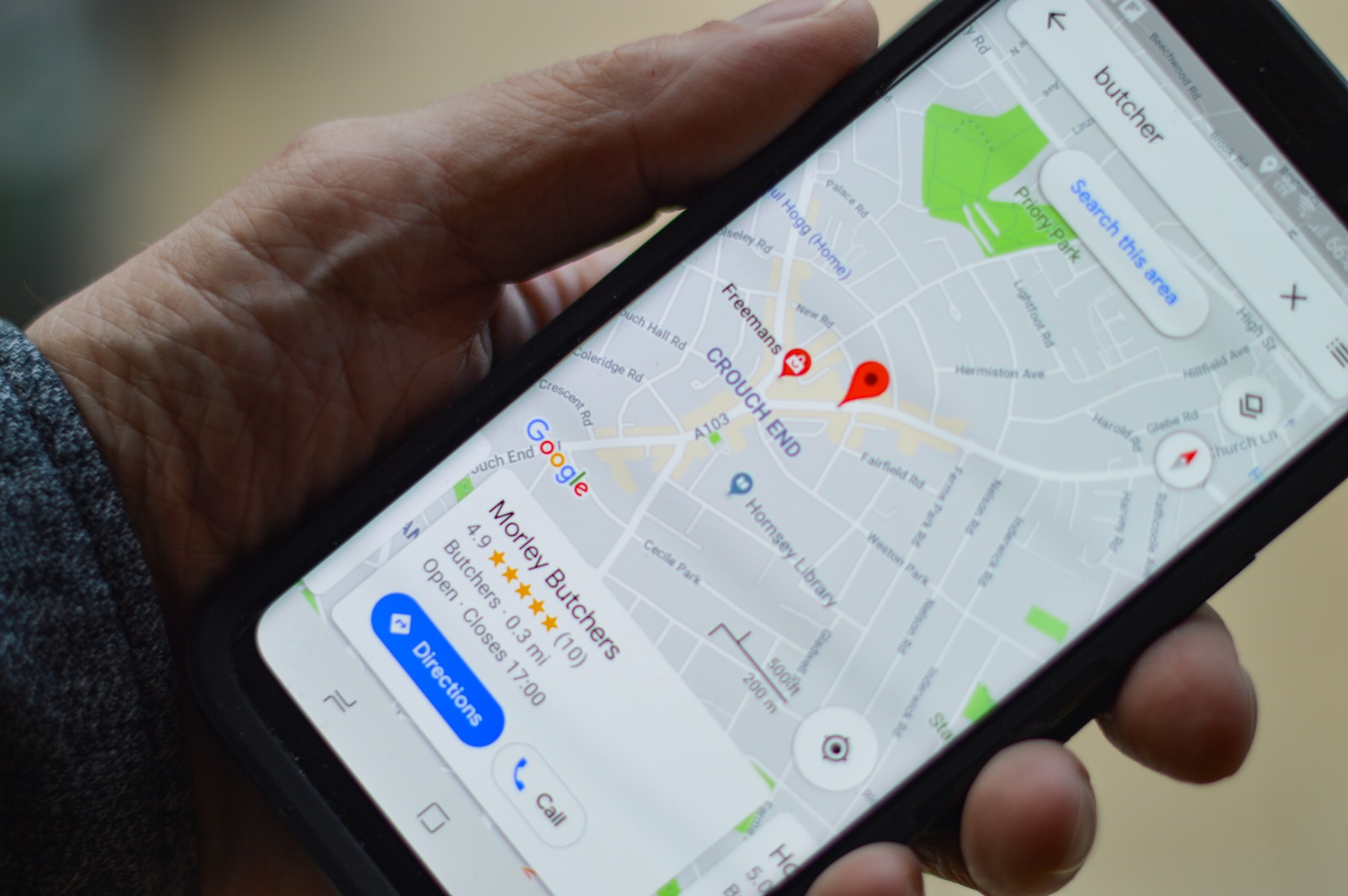Online reviews are the lifeblood for many businesses. Small businesses, in particular, rely on acquiring real reviews from customers that get visibility from other people who later turn into customers. Without the ability to get reviews for a product or service, it’s difficult for a new customer to commit to a business.
But what happens when a business is spammed with fake reviews? Review systems like Google, Yelp and Facebook do a decent job of rejecting fake or automated reviews, but they don’t catch all of them. And unfortunately, when a business receives fake reviews, it can really damage their appearance and trust with customers.
Why Post a Fake Review?
Although unfortunate, it’s common to see fake reviews online. In most cases, these reviews are the work of a competitor who is trying to tarnish the reputation of a business or create a false reputation for themselves. For example, if your business is struggling with getting reviews and you see a competitor receiving dozens of 5-star reviews overnight, it’s fair to assume that they may have posted false reviews.
It can also be difficult to tell if customer reviews are real or fake. Some customers will post positive reviews even when the product isn’t great, so it’s a good idea to be cautious when you see a high number of positive reviews too.
How Do Review Platforms Deal With Fake Reviews?
One way review platforms combat fake reviews is by requiring each review to be formatted in a certain style, so automated reviews or reviews cut-and-pastes are easy to spot. Review platforms also check for patterns in reviews to identify any possible fraud.
There are two ways that Google attempts to identify fraud: One is through its search engine algorithm; the other is by an actual person reviewing each review submitted for publication on Google My Business. Yelp has similar protections against fraudulent reviews as well, and will occasionally manually address reviews.
Are Fake Reviews Illegal?
Unfortunately, there is little to do from a legal standpoint regarding reviews. Platforms like Google, Yelp and Facebook are not well regulated to handle the prosecution of fake reviews. However, if you notice a pattern in reviews or can identify the party responsible for the reviews, you could move forward with a cease and desist order. Additionally, if the reviews are damaging to your reputation, you may have a defamation of character suit you can file.
What To Do If Your Business Receives Fake Reviews
If you think your business is receiving fake reviews, there are a few things you can do to protect it.
One option is to contact the review platform and ask them to investigate the reviews. Review platforms employ algorithms that flag suspicious reviews, so they’re likely to remove any spam reviews found. If you know which IP address the fake reviews are coming from, you might also want to contact their service provider with your suspicions or request that Google remove them.
You could also try contacting the customer who left the disparaging review and asking for more details about their experience with your business. You could also try using screenshots on social media to show customers what some of your other customers have experienced.
